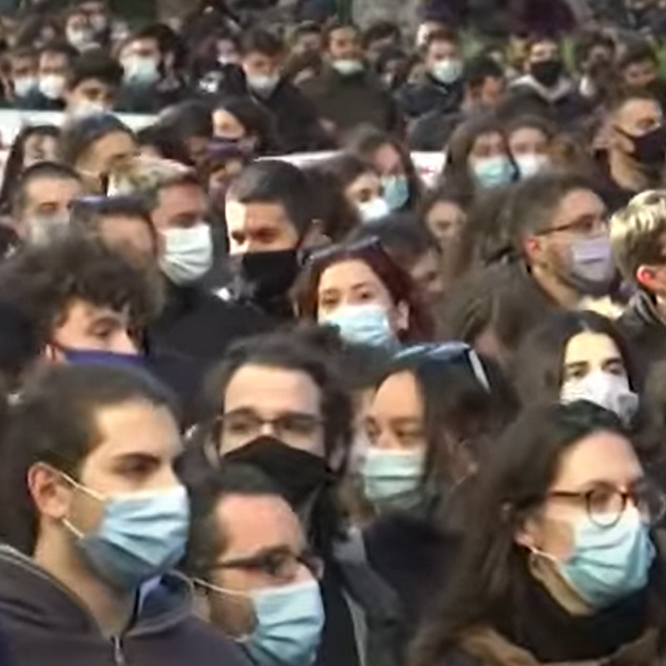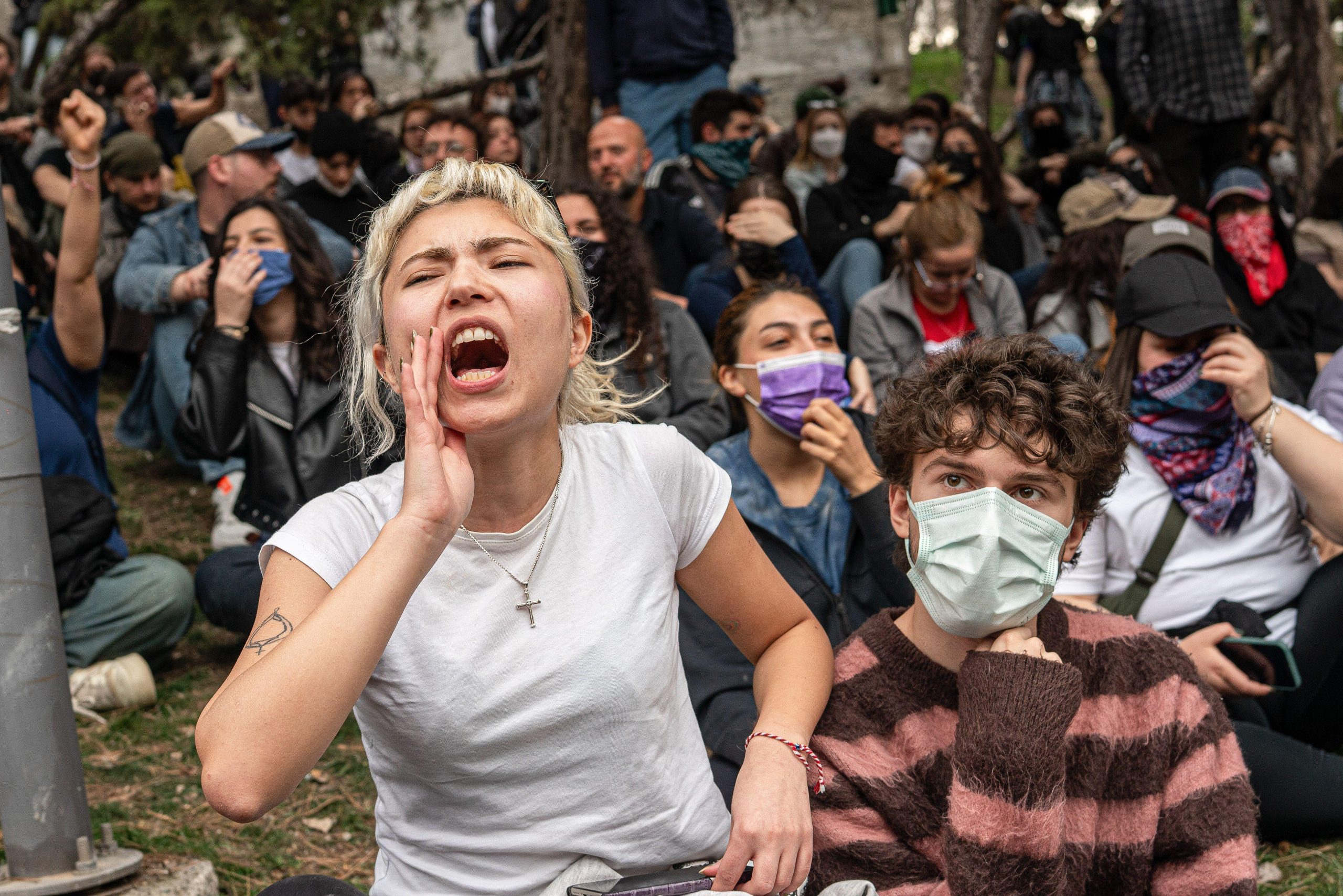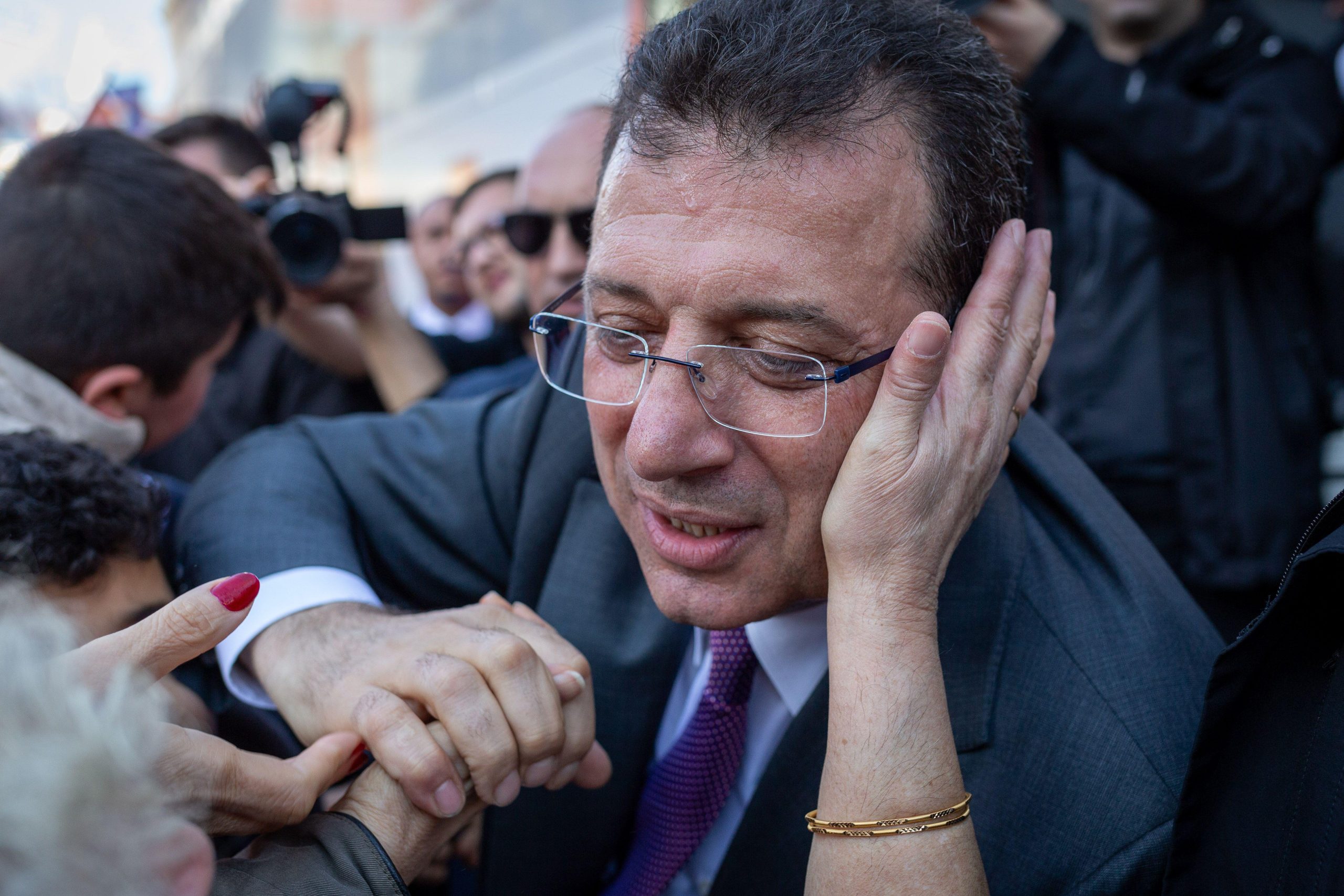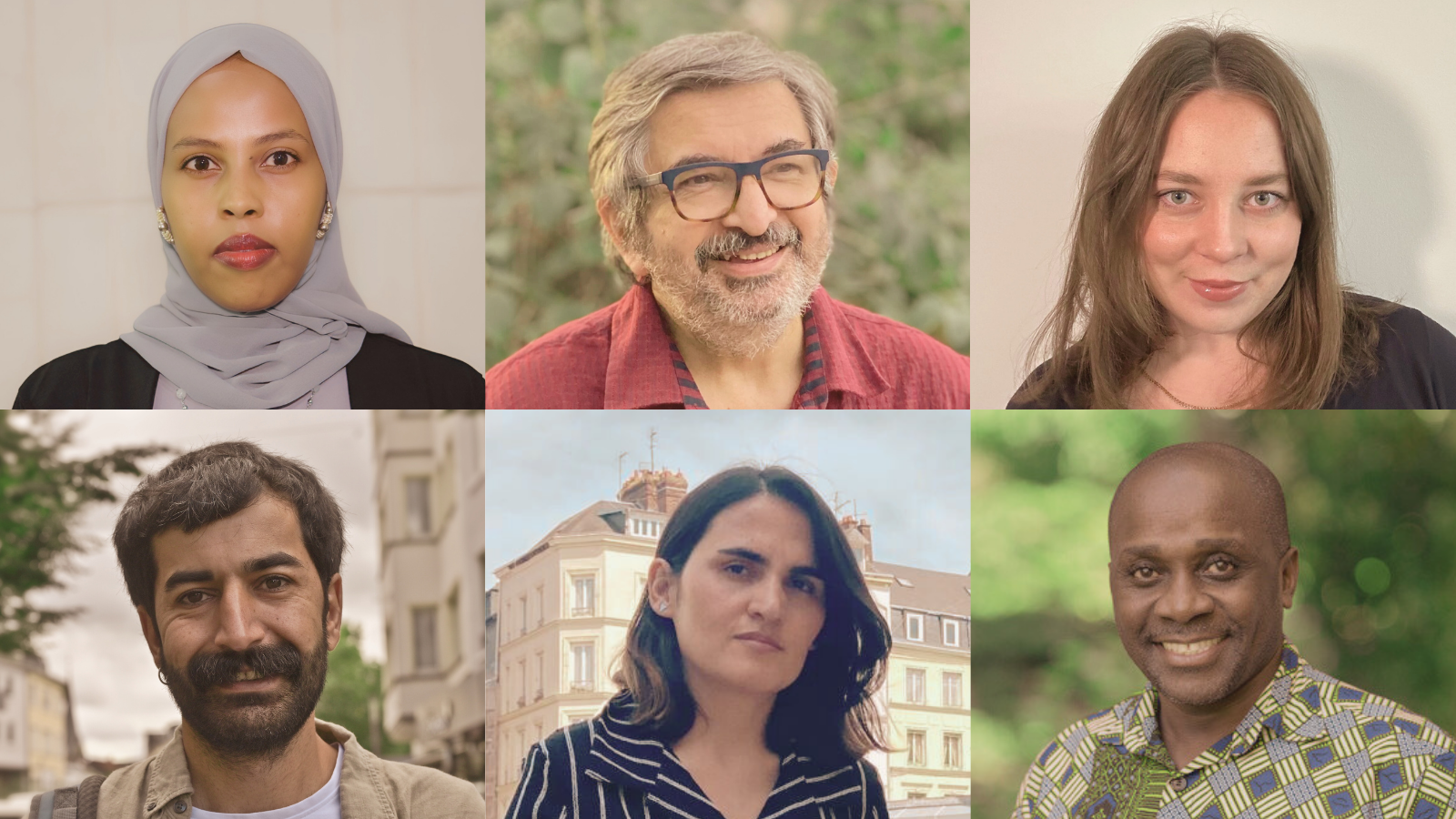[vc_row][vc_column][vc_single_image image=”116129″ img_size=”full” add_caption=”yes”][vc_column_text]The last 12 months have been difficult for everyone. Whilst many of us have lost loved ones and tried to cope with the impact of lockdowns, social restrictions, closed businesses, redundancies, reduced wages, home schooling and the fear of illness, others have sought to exploit the situation – hoping that the world wouldn’t notice.
Our theme for the winter edition of Index on Censorship magazine was Masked by Covid – the underreported stories of 2020 which had been drowned out by the global public health emergency. There were simply too many for one edition of the magazine.
The news cycle has been dominated by Covid, Trump and Brexit with little else being able to break through. This in itself provided the ideal opportunity for leaders of repressive regimes to move against their citizens with impunity; after all the world wasn’t watching. But when you add the ‘legitimacy’ of emergency regulations to the mix under the guise of protecting the population against Covid, the perfect storm for repression and tyranny has been created.
When the virus spread last spring, Index started covering how it was affecting free speech around the world through a project called Disease Control. Documenting new legislation which closed local newspapers, new regulations which restricted or delayed access to government information, limitations on the free press, the end of the right to protest in numerous countries and arrests of political activists in dozens of countries.
As we all now await to be vaccinated and long for a return to normal, you would hope that maybe the dictators and authoritarian leaders, around the globe, would mitigate their actions knowing that the world might start to pay attention. Unsurprisingly that isn’t proving to be the case.
Only this week we have seen the Polish Government ban abortion, the Greek government propose a new university police force to deal with ‘trouble makers’ on campus and, in Russia, the coronavirus restrictions have been used as a cover to arrest Alexei Navalny’s allies – in the wake of his detention and the subsequent protests.
And it hasn’t just been Covid that has provided cover for oppression. In Turkey, on 27 December – when many of us were more focused on Netflix then the news – the government passed a new piece of anti-terrorism legislation, Preventing Financing of Proliferation of Weapons of Mass Destruction. I think most of us would welcome legislation that sought to stop the proliferation of WMDs.
Whilst this legislation has ostensibly been introduced to meet a United Nations Security Council counterterrorism resolution, unfortunately this new law actually goes well beyond that. It is an unfettered attack on civil society organisations across Turkey – with a clear emphasis on undermining those organisations which seek to protect minorities, especially the Kurdish population.
The legislation enables the Interior Ministry to replace board members of NGOs with state-appointed trustees. They can also suspend all operations and activities of an NGO if members are being prosecuted on terrorism charges – this would seem completely reasonable in many nation states, but as over 300,000 people are arrested for being a member of a terrorist group in Turkey every year, the definition of terrorist isn’t quite the global standard.
The legislation also gives the Governor’s office the right to undertake annual inspections of NGOs adding a new admin burden, international NGOs are also covered by new provisions and unsurprisingly financial assets and online donations to individual campaigns can be blocked by the government to “prevent terrorist financing and money laundering”.
Erdogan has just doubled down as an authoritarian leader and did so without global condemnation or even notice. It simply isn’t good enough…
All of these actions, and the many others from Hong Kong to Uganda, seek to cause division, undermine hope in the domestic population and entrench control. The world is getting smaller, technology means that we can know what is happening, as it happens, in every corner of the world. But too many people have stopped paying attention.
For Index it means that we have to double down and keep finding new ways to tell people’s stories so no one can claim ignorance.[/vc_column_text][/vc_column][/vc_row][vc_row][vc_column][three_column_post title=”You may also want to read” category_id=”41669″][/vc_column][/vc_row]






